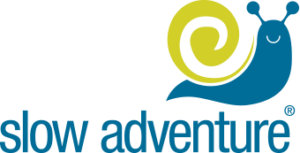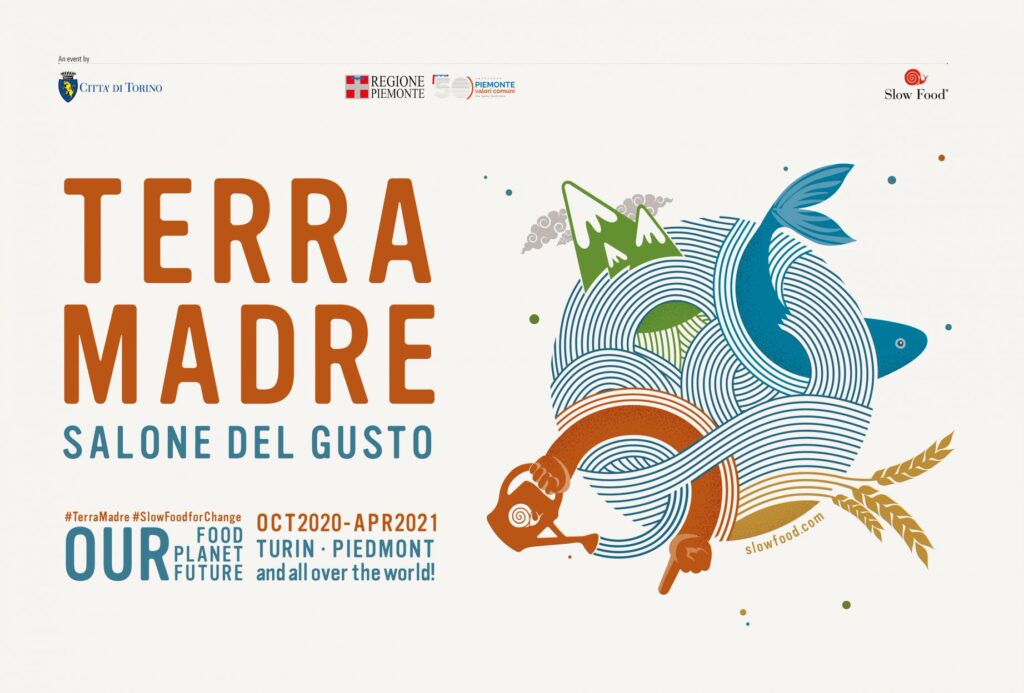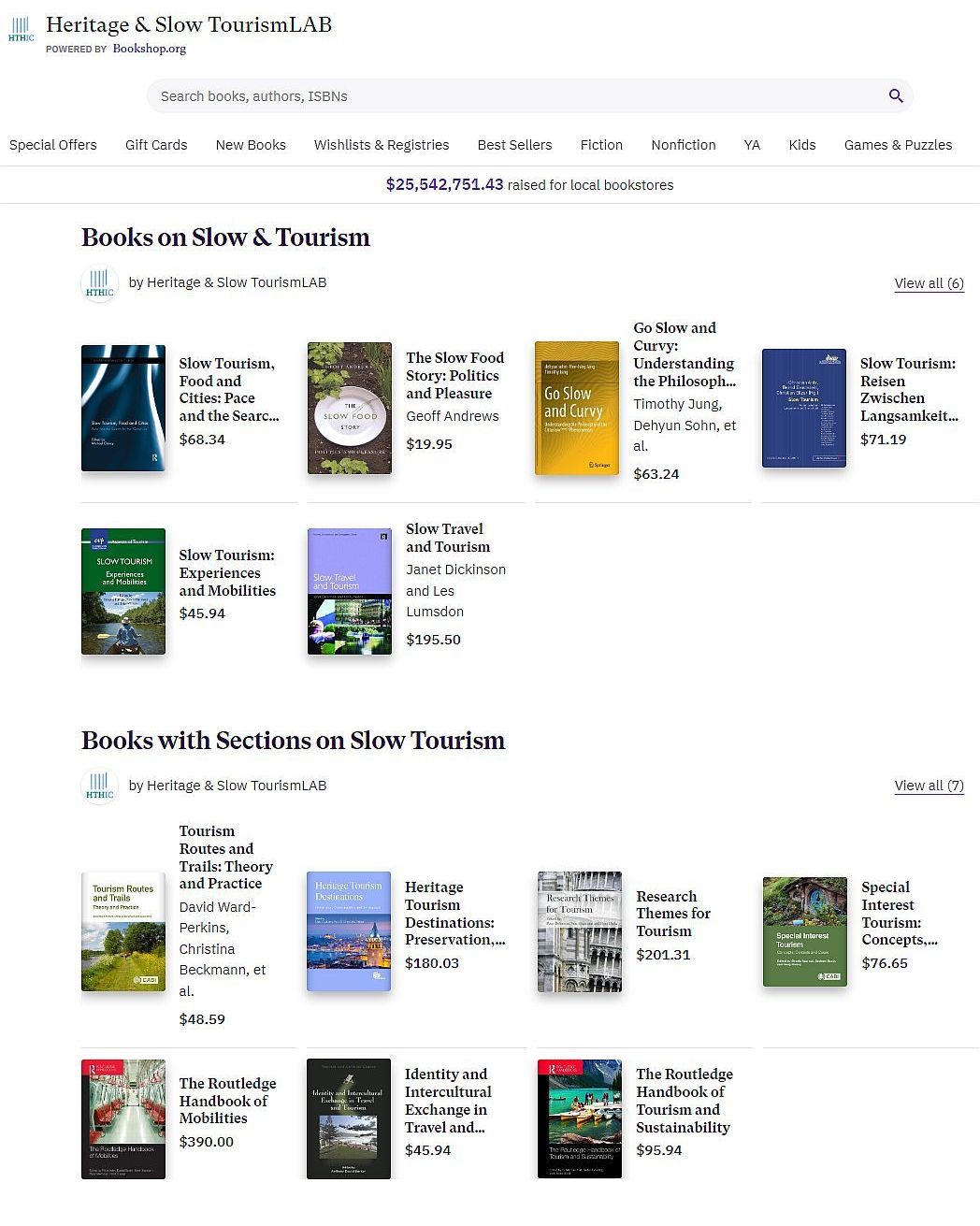THE EIGHTH LAB, held on 27 October, was focused on Slow Art. Historian, museum educator and Global Coordinator for “Slow Art Day” Maggie Freeman and scriptor Armand Storck and his colleagues at Antwerp’s Saint Paul’s Church shared their enthusiasm for Slow Art and their experience with successfully organising Slow Art events.
“Slow Art Day” is a one-day event that has been held in more than 1500 museums around the world and has inspired many museums and heritage organisations to adopt year-round programming focused on slow looking and visitor experience. read more >
[Posted 28 October 2021 Image Saint Paul’s below courtesy Armand Storck]
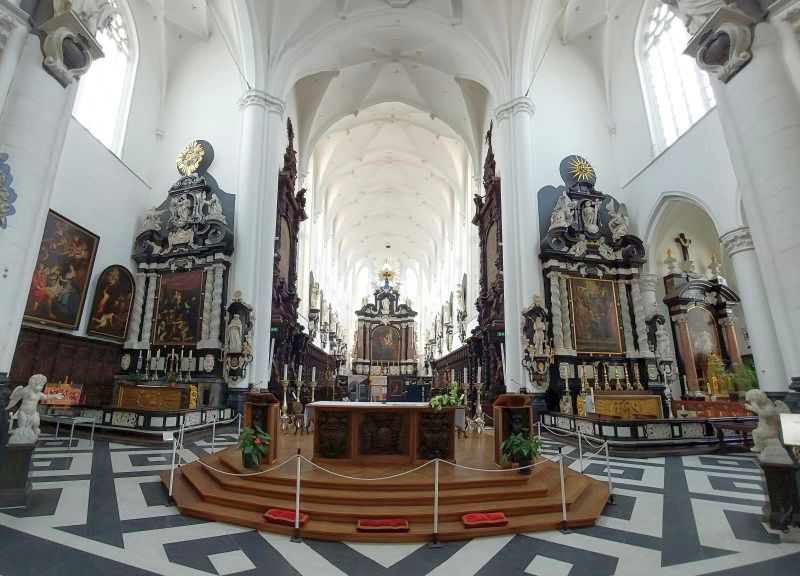
SCTEI, the Slow City evaluation system developed by Jeong Hyun Kim, offers scholars and practitioners the capacity to assess the attractiveness and/or performance of Slow Cities/Cittaslows in the context of sustainable tourism.
On 15 September 2021, Jeong explained to participants in the LAB that this guiding tool for integrative sustainable tourism development at local and international levels comprises 7 domains, 18 sub-domains, and 60 items. Her PhD research showed that experts see “Heritage and local identity” as the primary domain. about jeong >
[Posted 16 September 2021]
MICHELE RUMIZ informed the participants about the new global partnership with Airbnb to promote sustainable tourism by providing tourists with unique insights into local food cultures and debates while supporting the local network.
Slow Food and Airbnb, he explained on 15 September 2021, work together to deliver social impact experiences – i.e. experiences hosted by non-profit organizations that connect travellers (and locals) to their cause. Airbnb waives its 20% fee to Slow Food. read more >
[Posted 16 September 2021]
“WE ARE WITNESSING
A CULTURAL CHANGE that can have beneficial effects on people’s lives: to live slow means to rediscover the sense of things, to have a different relationship with time, to live better with ourselves and others,” according to the inspired and inspiring Paulo Corvo, assistant professor at the University of Gastronomic Sciences of Pollenzo-Bra in Italy, during the LAB meeting of 9 June 2021.
Michael Clancy of the Hartford University (USA) talked about the fact that speed is at the heart of values of utility, productivity, efficiency, competition and consumption, and the crisis we crises – crises of life satisfaction (happiness) and politics (democracy) – we are currently facing. He explained that we should see Slow in the context of “the rise of ‘life politics'” and part of the individual search for “the good life”.
Clancy shared his views on the ethical consumption aspects of Slow Food and Slow Tourism and the scalability of Slow Tourism. Questions asked by attendees pertained to, for example, how Slow Tourism relates to responsible and sustainable tourism.
It was a great pleasure to have heritage and communications expert Javier Lizarzaburu as co-host in this 6th LAB meeting.
[Posted 10 June 2021]
“LOCAL COMMUNITIES,
GLOBAL RESULT” – words of Michele Rumiz that summarise well our LAB meeting about Slow Food Travel of 21 October 2020.
Eckart Mandler illustrated how local communities can indeed use their own gastronomic heritage as an engine for sustainable tourism and economic development. Participants were impressed by the success achieved in Carinthia and the thoughtful and holistic approach to destination marketing.
Burcin Kalabay Hatipoglu moderated the Q&A session with participants: “A great session. Key challenges that were addressed: local leadership; developing an integrated approach to tourism development based on the Slow Food philosophy; financing the development phase; involving stakeholders; impact assessment.
[Posted 24 October 2020]
WITH THE MEETINGS of 21 October 2020 and 7 April 2021 we contributed to the Terra Madre Salone del Gusto 2020-2021 programme. We were truly honoured to be invited. Terra Madre is the most important international Slow Food event dedicated to good, clean and fair food. The LAB meeting focused on Slow Food Travel. read more >
LAB co-founder Burçin Hatipoğlu was interviewed by Slow Food/ Slow Food Foundation for Biodiversity:
“Reflections on the Earth Markets and sustainability” (30 April 2021). read the article >
[Posted 1 May 2021]
SLOW BOOKSHOP
Walk along the shelves in our Slow Bookshop.
For the USA, we partner with Bookshop.org, an online bookstore with a mission: to financially support local, independent bookstores. If you are located in the USA, visit our shop at bookshop.org >
An impression below.
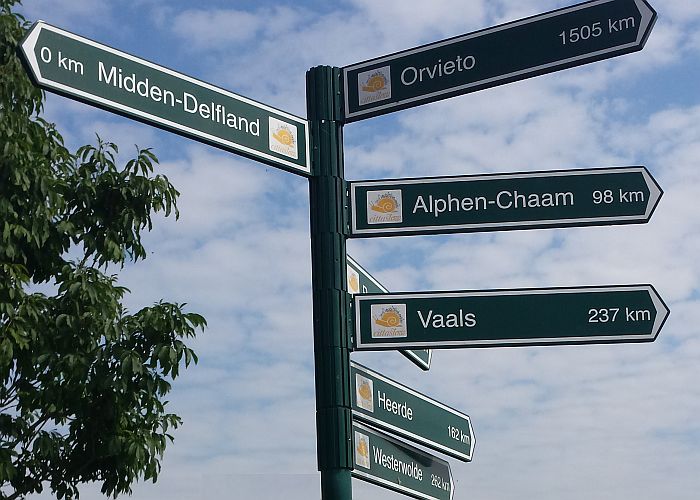
IS IT POSSIBLE to apply Slow as a national brand? What would it take? Or is Slow applicable to cities, regions and tourism products only?
Dr Zanda Serdane, a lecturer at the Christ Church Business School, Canterbury Christ Church University, visited the LAB on 3 February 2021 to present her research into Latvia. The differences in approach between Latvia and the case of, for example, “Morges Région Slow Tourisme”, presented in December of last year, was striking and participants learned a lot from comparing these and other cases.
And did you know ‘slowness’ is one of the seven values of pilgrimage? James Simpson, project manager for St. Olav Waterway in Finland, spoke about “pilgrimage and long-distance hiking trails – the original slow tourism”, gave us an update of the development of this great tourism experience and his ambitions for the near future.
[Posted 3 February 2021]
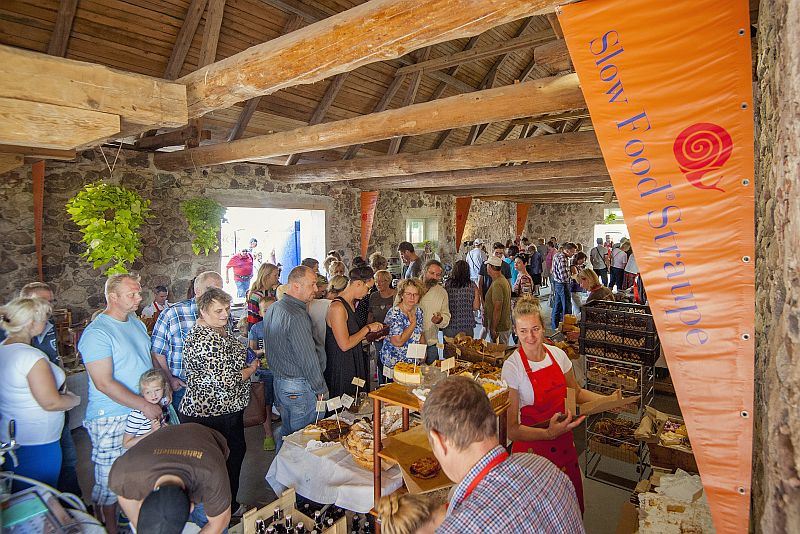
EARTH MARKETS, SUSTAINABILITY AND SLOW TOURISM was the theme of the 5th LAB meeting which took place on 7 April.
Sustainability-focused events and festivals have become increasingly relevant for tourism professionals and scholars. Guided by Slow Food’s three interconnected principles, Earth Markets define quality as “good, clean and fair” food.
The first Earth Market opened in Montevarchi in Tuscany in 2006. Currently, there are 75 Earth Markets in 28 countries.
On 7 April we discussed Burçin Kalabay Hatipoğlu and Kıvanç İnelmen’s research which suggests that Earth Markets contribute to the conservation of biodiversity and economic and social sustainability by supporting small farmers, building communities, fostering social justice, and preserving cultural heritage.
We discussed the Earth Markets within the Sustainable Development Goals framework and their potential for tourism.
Most valuable was the experience the Earth Market organisers from Latvia and Italy – Astride Rozite, Guntars Rozitis and Walter Orsi – shared. Elena Sandrone, coordinator Earth Markets project at Slow Food, joined us to answer the many questions the curious participants had.
The LAB meeting was part of the Terra Madre Salone del Gusto 2020-2021 programme. read more >
[Posted 9 April 2021. Image Straupe Earth Market above by Renars Koris]
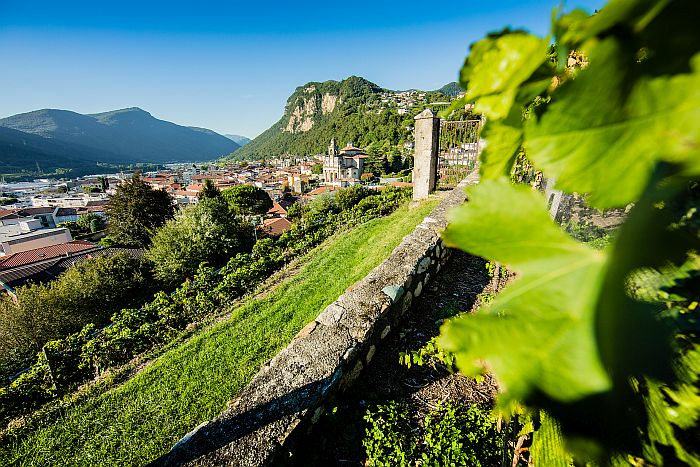
SLOW DESTINATIONS was the theme of the third LAB meeting on 9 December 2020. The LAB meeting included two interesting cases: a Cittaslow certified municipality in the Netherlands and a “Slow Tourisme” region in Switzerland that offers “Slow Travel, Slow Sleep, Slow Food, Slow Wine, Slow City”.
Interested parties from 24 nationalities listened to Joerie Minses and Michelle Hillebrand of the Dutch Cittaslow Alphen-Chaam, and to Véronique Hermanjat of the Swiss region Morges.
Questions raised include: How to be/become Slow as a municipality? Why “Slow” and not only “sustainable”? To be or not to be: a Slow Tourism destination, a Slow Destination, a Slow Food Travel Destination and/or a Cittaslow?
[Posted 11 December 2020]
WE ARE LOOKING BACK on a most interesting September (2020) meeting in LAB. Speakers Sara Mair Bellshaw (Slow Adventure) and Celia Bull (Selkie Explorers) generously shared their insights into what are “Critical Success Factors for the Slow Adventure Organisation and Businesses”.
Participants learned about Sara Mair Bellshaw’s approach to engaging destinations, attracting and retaining ambassadors and ensuring the continuity of the successful Slow Adventure project.
Both speakers addressed the importance of partnerships, community, trust, well-being, empathy, “reading the customer” and creating immersive experiences. A summary of this meeting will be available for those who participated in this LAB.
[Posted 3 September 2020]
